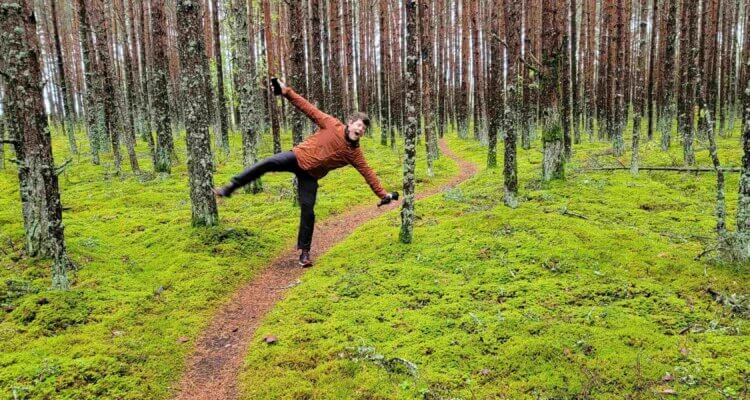We are passionate about nature and the animals within it – this is why we love travel and adventure. With that said, travel can certainly create a big carbon footprint, so we are always mindful about how we live and explore. Therefore eco-friendly travel, responsible tourism, sustainable travel and animal conservation are always our focus.
FOOD
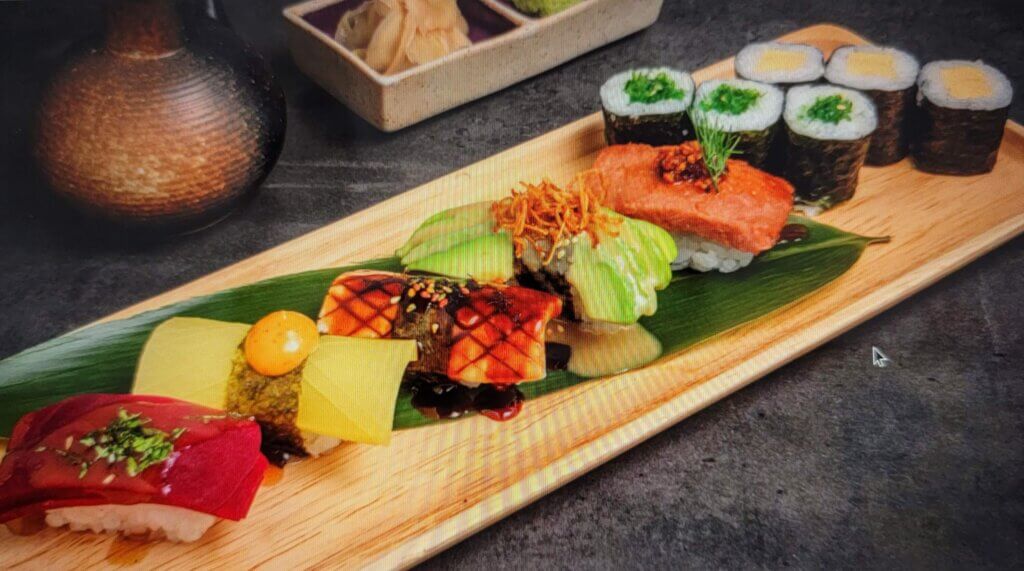
Masha is vegan, which makes Rob vegan a lot of the time as well! This certainly does cut down on our carbon footprint and makes our travel much more ecofriendly.
BPA free food containers are key to ecofriendly travel. So, if there are any leftovers we take them along creating zero waste. We purchase fruit and veggies directly from the growers which are without the plastic wrap that so many supermarkets force on us. This also limits the transport of the products.
Sustainable Travel – Water
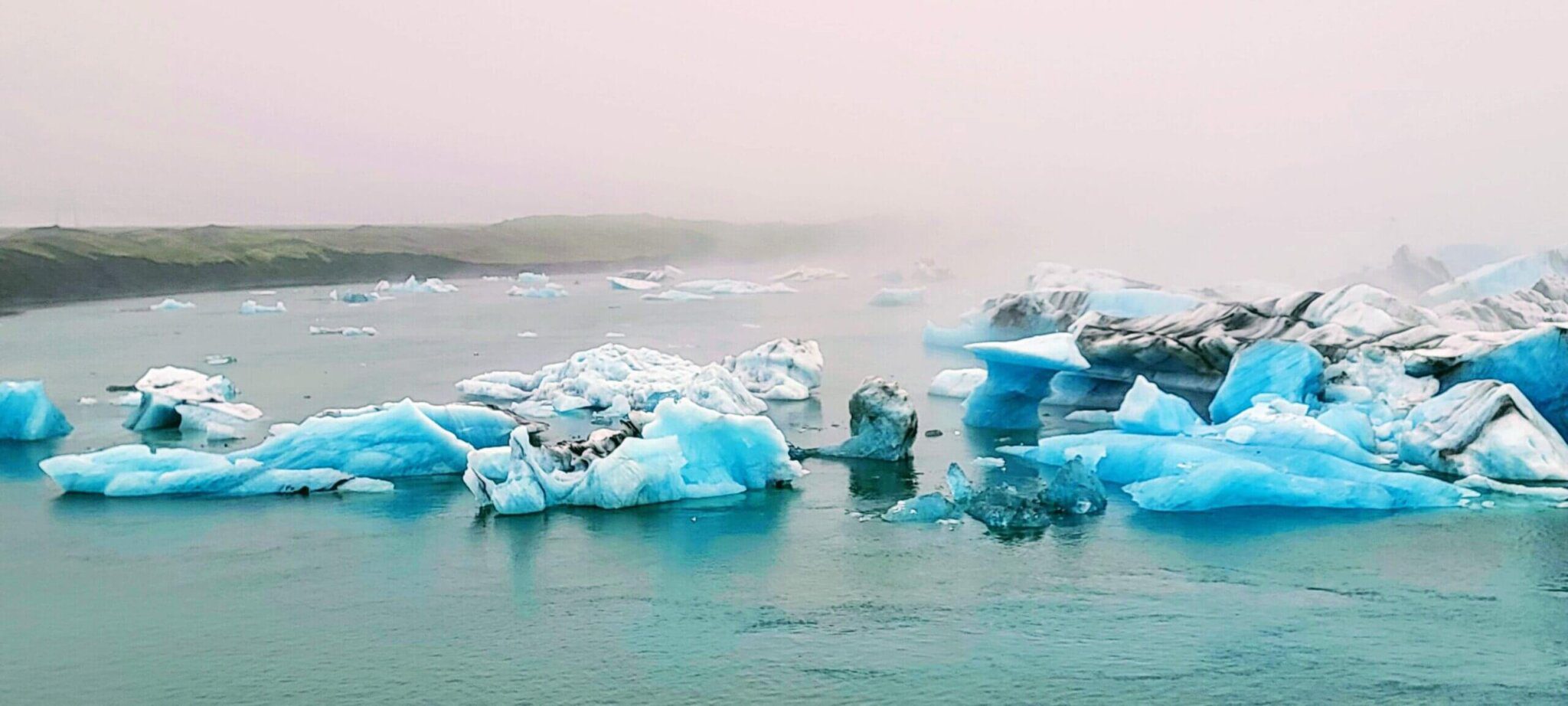
While traveling it is very easy to consume many plastic water bottles per day per person which makes for very unsustainable travel. Did you know that only 5% or so of plastic is really recycled in the US?
In the developing world (and even in first world countries) it can be difficult to find water dispensing facilities, this is why we travel with a water purification gravity system. The one that we use is the Lifestraw Gravity Bag (currently only available on eBay as it has been discontinued). This Gravity Bag filters into a Camelback 3 litre bag. However there are many others on the market.
Yes it takes a few minutes to set it up everyday, but you can take almost any kind of water – lake, river, hotel room and make it into crystal clear and healthy water quickly and easily.
The key to a good system while traveling is the filter. For us being homeless, it is our house water purifier and needs to have a filter that can withstand use for at least 2,000 liters/500 gallons. We add on a secondary filter (super lightweight) to remove metals and other nasties.
Another must have for us are water containers to carry the water that we just purified. We use a wide mouthed bottle that are easy to clean and have a handle to easily attach to backpacks.
Bodum glass coffee cups are another must for us, as they are great for both hot and cold beverages and again eliminate the need for single use cups. Since we are such minimalists we stuff socks and other such items in the cups when they are not in use.
Reusable Items
Reusable items are also key for eco-friendly travel. For instance, we always carry a few heavy duty yet easily collapsible parachute material bags. These are great for shopping and carrying extra “stuff”. We always take these bags along with reusable plastic forks and the reusable take out containers that I mentioned earlier – especially when eating out. This way we eliminate the need for take out containers and the plastic bags that usually come with them.
Plastic Straws
Plastic straws are very rarely recycled (especially in developing countries where it is hot and many people use them to sip on refreshing drinks – we get it). We have stopped using them altogether and have found that we do not miss them. If you do, we hear that traveling with bamboo straws is just like having the plastic one, just so much better for the wild life that ends up suffering because of the plastic version.
Our Love of Animals
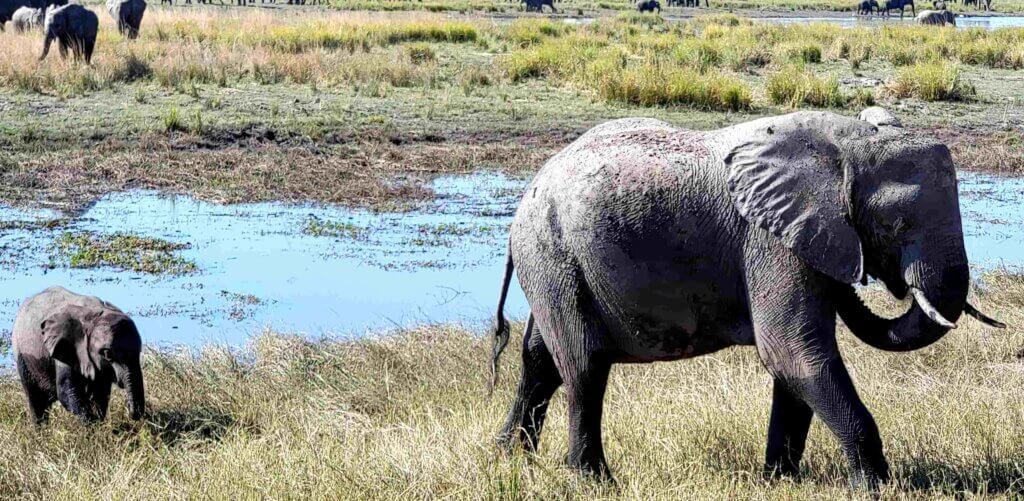
As I stated earlier, animals and nature are our passion. This is why we try to support as many mindful charitable organizations that help with animal conservation and ethical travel. Soi Dog Foundation in Thailand is one of our favorites.
Education is key when it comes to raising awareness about what we should and should not do with animals. As an example, until one realizes what torture an elephant endures to be ridden, an elephant ride does not seem so bad.
NEVER RIDE AN ELEPHANT. Petting a cute lion cub also seems harmless and something most people would love to do. However, almost all of these “sanctuaries” are no such thing. We always do our research in advance and vote with our money to help support organizations that are local and truly focused on animal conservation and not the profit.
Sustainable Travel – Accommodations
Since we live in hotels/Airbnbs/EcoLodgeds we are very mindful about how often cleaners clean our rooms. We do our own cleaning for the most part, because every time the cleaners come in they change sheets, towels and replace plastic garbage bags.
All of that adds up from a not sustainable travel perspective. In addition, all of those tiny plastic shampoos and conditioner bottles (which are not recycled) also add up. Therefore we carry our own in refillable containers.
In addition, it is important for us to choose accommodations that are focused on providing responsible tourism.
Choosing Ethical Travel Guides
In an age of mass tourism, selecting the right and ethical travel guides can make a significant impact on your trip’s environmental and social footprint. It’s crucial to choose guides that align with your ethical values and support sustainable travel practices.
Here’s how to select an ethical travel guide:
- Check the Publisher’s Values: Research the publisher’s stance on sustainability and responsible travel. Look for companies that prioritize environmental protection, animal conservation, cultural preservation, ethical travel and community empowerment.
- Focus on Local Authors: Guides written by local authors often offer a more authentic and in-depth perspective, supporting the local economy.
- Prioritize Sustainable Travel Practices: Opt for guides that promote eco-friendly travel & transportation, accommodation, and activities.
- Support Fair Trade and Ethical Production: Choose guides that support fair labor conditions.
- Consider the Guide’s Content: Look for guides that highlight local communities, indigenous cultures, environmental conservation efforts and animal conservation.
By making conscious choices when selecting a travel guide, you can contribute to a more sustainable and responsible tourism industry. Remember, your travel decisions have a ripple effect, and choosing ethically can inspire others to do the same.
Wrap Up – Eco-friendly Travel
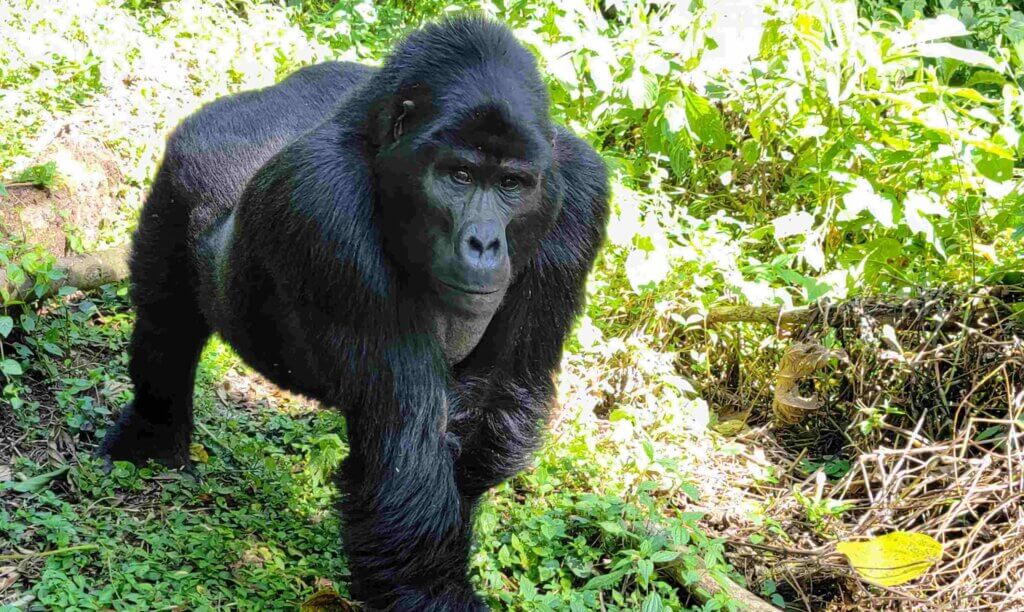
Ethical travel is top of mind for us. Do I drive Rob a little crazy with my insistence of lowering our carbon footprint, animal conservation and responsible tourism? Yup, I do every single day. But in the long run we both think that it is worth it for us, the animals and the planet.
We want to be able to lead this life style for a very long time. Given how quickly the world is changing we want to do our part. Do you have any other ideas for us? We would love to hear about what you do to lower your carbon footprint!
Please do share your ideas and successes as we would love to do more to improve our sustainable travel and lower our carbon footprint even more.
If you want to learn a bit more about us and how we became a nomad travel couple click here.

